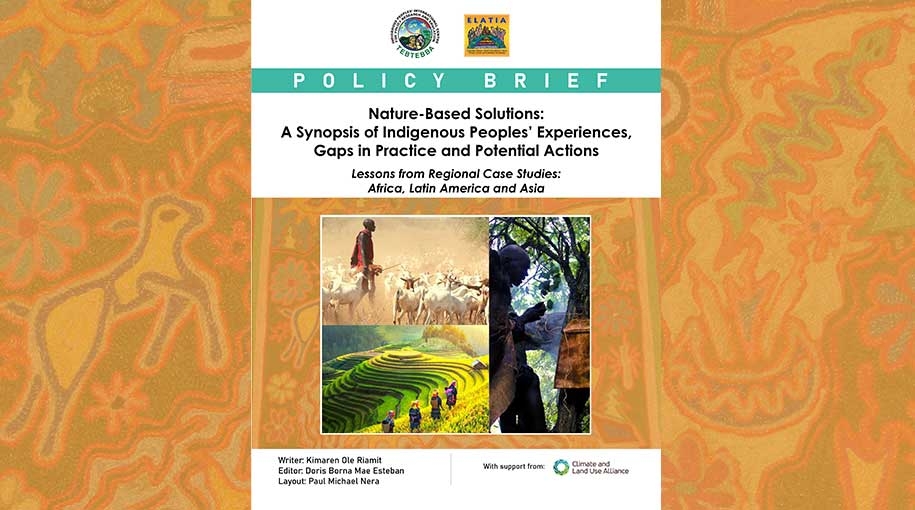Executive Summary
Nature Based Solutions (NBS) is increasingly becoming a common feature in reference to a bundle of possible responses to the need for mitigation of and adaptation to climate change and enhancement of biodiversity conservation. NBS is broadly associated with “actions to protect, sustainably manage and restore natural or modified ecosystems that address societal challenges effectively and adaptively, simultaneously providing human well-being and biodiversity benefits.”
The growing interest on NBS arises out of an apparent ‘Climate Crisis’ in which around one million species already face extinction, many within decades, and the realization that only radical changes in the immediate future could help mitigate the crisis.1 In addition, by 2030, the world is projected to face a 40% global water deficit under the business-as-usual (BAU) scenario and it is expected that climate change will exacerbate these conditions.2
The discourse on NBS raises broader fundamental questions around how humanity perceives nature and how it chooses to relate to it. Nature is generally accepted to be the cradle of life and that all life forms exhibit interdependence in complex ways. Beyond this utilitarian view of nature, nature is also associated with identity, spirituality, and sacredness particularly among indigenous peoples.
Indigenous peoples’ knowledge and community-based monitoring systems, traditional occupations, indigenous food systems, and basic survival are all grounded in nature-based solutions, regulated through customary systems of governance. Indigenous peoples’ NBS strategies are founded on key principles such as reciprocity (“returning the gift”) and mutuality; cultural identity and customary law; context-based relationality and local economies; community-based governance; and social justice inclusivity.
These sustainable uses and responses to climate change strategies by indigenous peoples constitute a missed opportunity in efforts to sustainable utilization and nature-based solutions to climate change. The recognition of indigenous peoples’ rights, the security of their lands and territories, the promotion of indigenous knowledge including CBMIS and Customary governance, their full and effective participation, their direct access to resources and capacity building are all critical in ensuring indigenous peoples’ contribution to NBS initiatives.
-----
1 Indigenous environmental justice and sustainability, Deborah McGregor1 , Steven Whitaker2 and Mahisha Sritharan2 March 2020
2 The United Nations World Water Development Reports (2014–2019)


